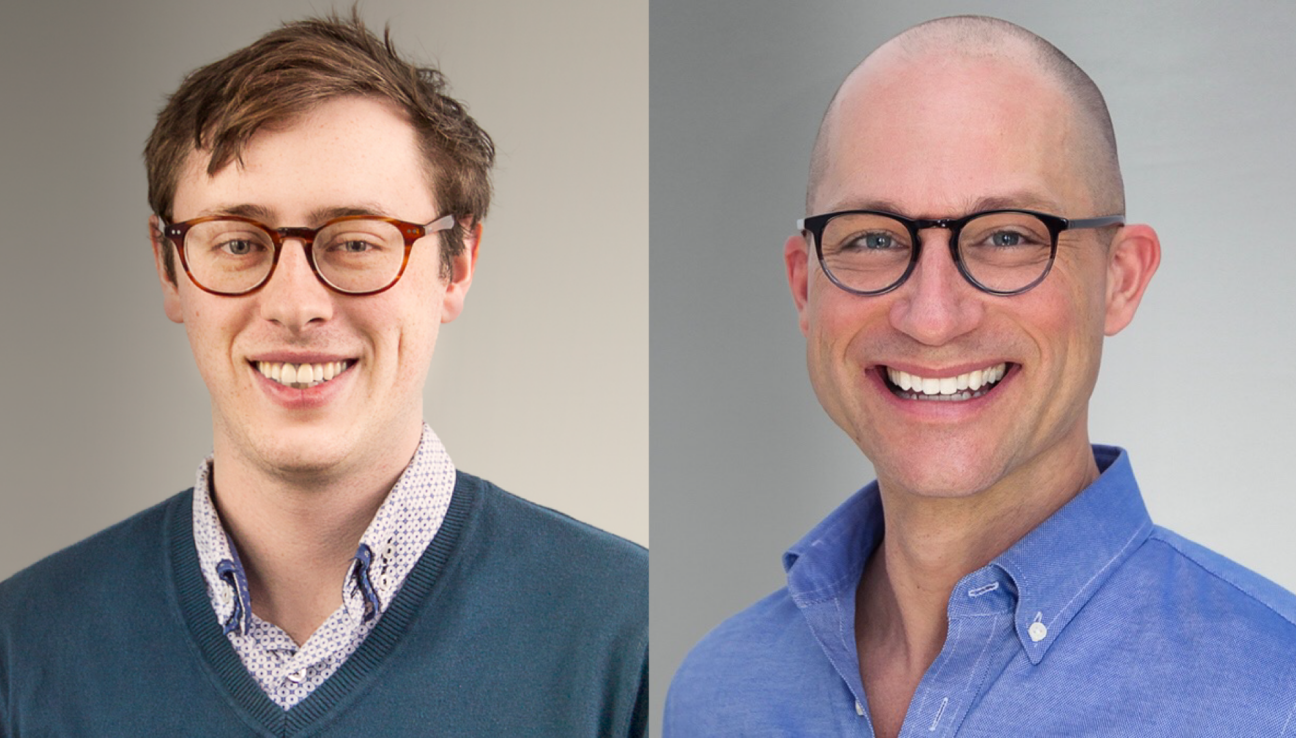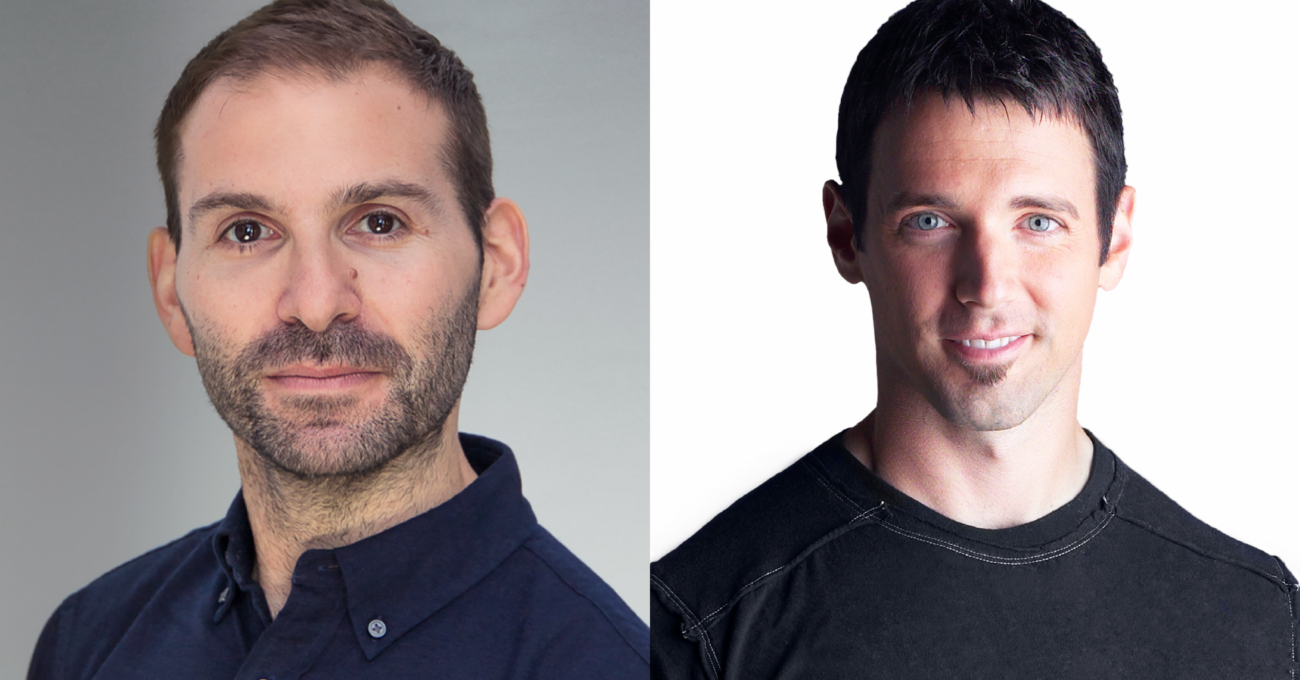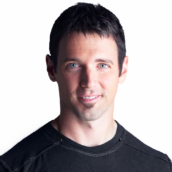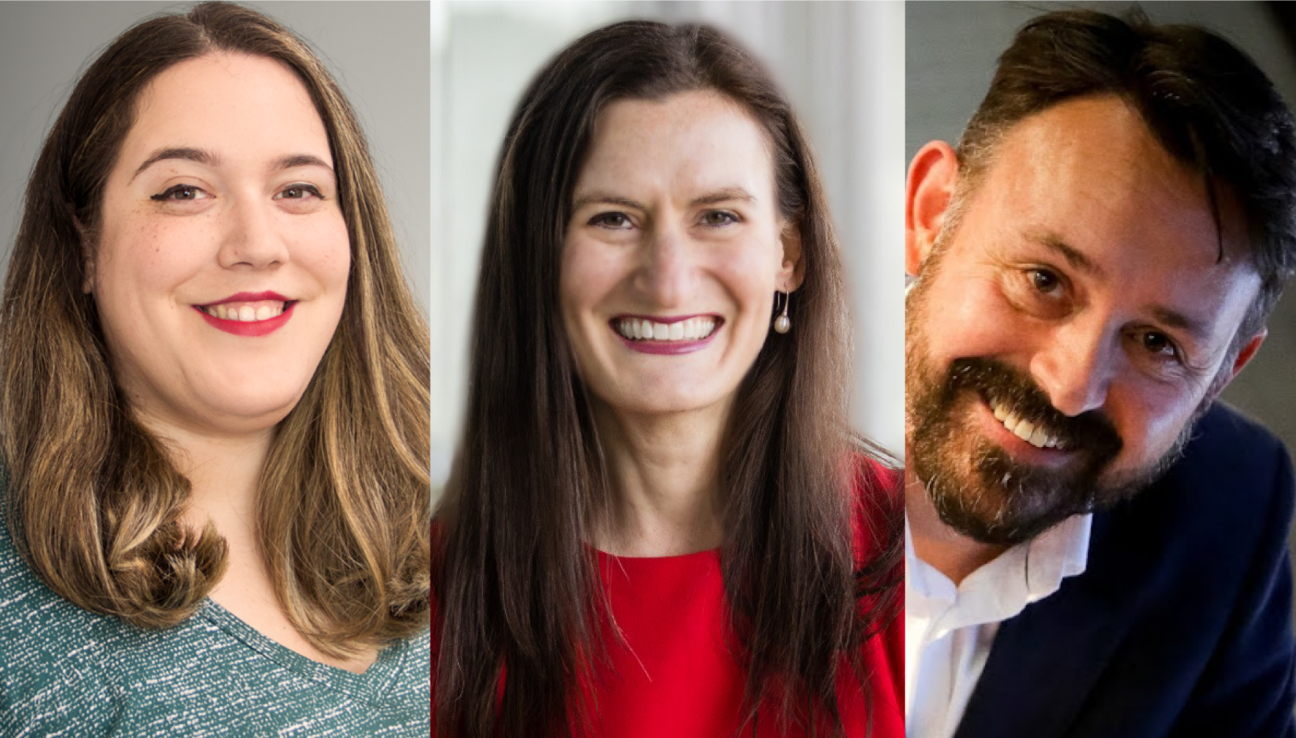
AI is generating a lot of buzz in the marketing sphere—but is it really worth the hype? In this episode we pull back the curtain on AI, explore its strengths and limitations, and consider how it can help arts marketers meet their goals more efficiently.




